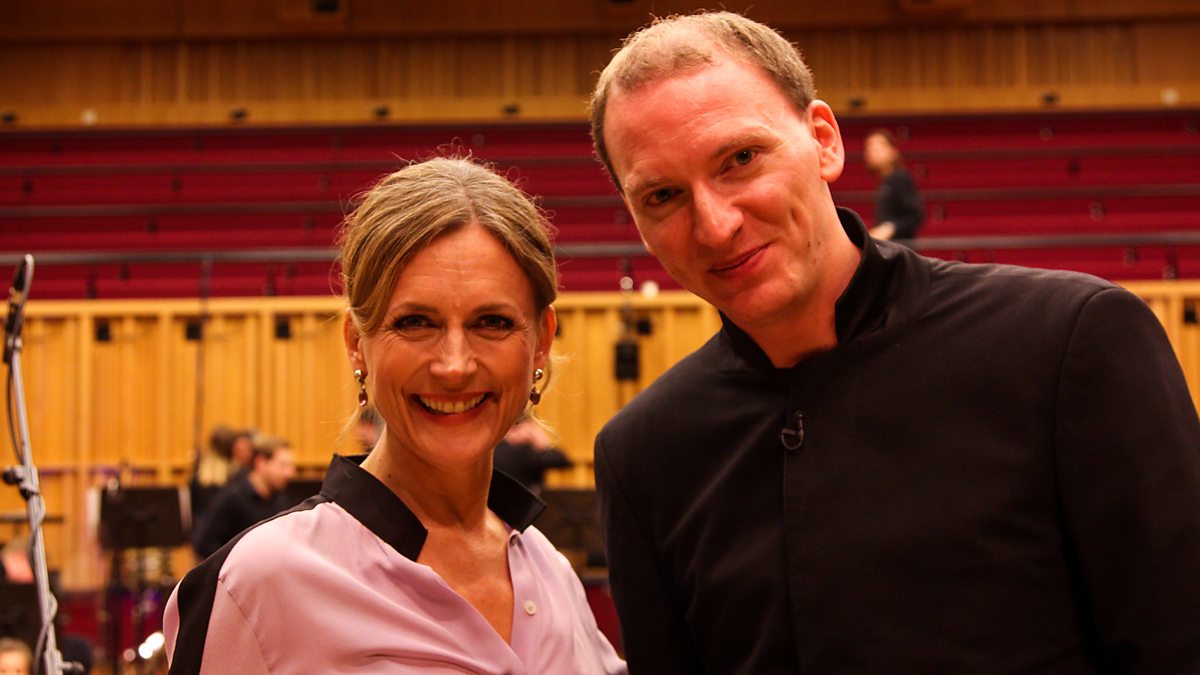Before the skyfalls in maybe I could mention tonight's BBC4 offering?
I was glad Michael Berkeley was involved in the programme. He certainly has a deep and personal knowledge of Britten the man....Lennox and all that....and his music.
Having Katie Derham in her long frock chatting with the conductor in his long frock could get tedious. But I guess the Beeb has to make things chatty. Better when she moved to members of the orchestra...and the percussionist was a star wasn't he? I was amused by his jibes at conductors; maybe THE conductor. A good job the cameras avoided other players' faces at that point. After all, it's not exactly like wagging a stick at The Rite of Spring? Anyway, I was just beginning to pray 'Pleasedon'tlettheprogrammefinishwithoutacompletpp erformance' when...wonder of wonders...we got one. And then the programme ended, tastefully, without any ado.
Good to have some 'art music' on BBC4.
PS And the final fugue IS brilliant.
I was glad Michael Berkeley was involved in the programme. He certainly has a deep and personal knowledge of Britten the man....Lennox and all that....and his music.
Having Katie Derham in her long frock chatting with the conductor in his long frock could get tedious. But I guess the Beeb has to make things chatty. Better when she moved to members of the orchestra...and the percussionist was a star wasn't he? I was amused by his jibes at conductors; maybe THE conductor. A good job the cameras avoided other players' faces at that point. After all, it's not exactly like wagging a stick at The Rite of Spring? Anyway, I was just beginning to pray 'Pleasedon'tlettheprogrammefinishwithoutacompletpp erformance' when...wonder of wonders...we got one. And then the programme ended, tastefully, without any ado.
Good to have some 'art music' on BBC4.
PS And the final fugue IS brilliant.





 ) classical music world. Classical music is exciting!
) classical music world. Classical music is exciting!
Comment